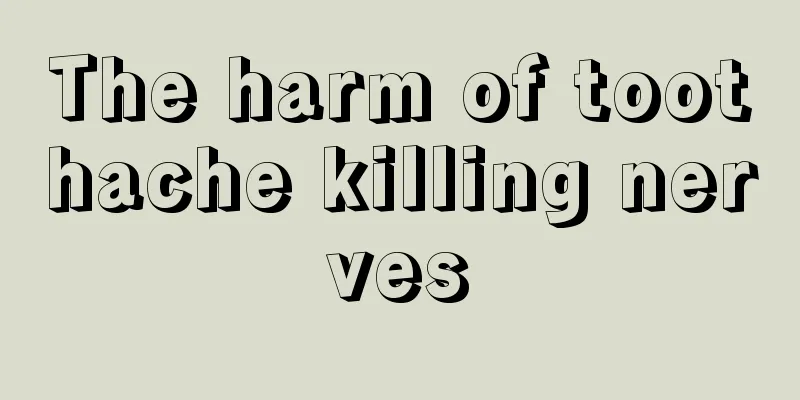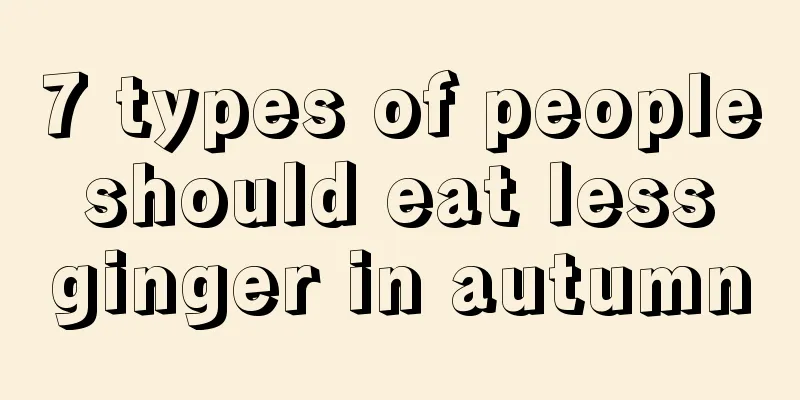It hurts if you press the middle of your belly button

|
The area where the belly button is located corresponds to the human intestine. If there is a lesion in this area, it is easy to cause pain. Some pain is directly manifested, while others are painful when pressed. There are many possible reasons why it hurts when you press the center of your belly button. You can learn about other symptoms of these diseases and make a comprehensive judgment. So, why does it hurt when you press the center of your belly button? What are the causes? When there is local inflammation in the intestine, pressing it will cause pain. The gastrointestinal tract is the largest immune organ in the human body and also the largest detoxification organ in the human body. The gastrointestinal tract refers to the digestive tract from the pylorus of the stomach to the anus. The intestine is the longest section of the digestive tract and also the most functionally important section. General inflammatory gastrointestinal diseases Acute gastritis Acute gastritis is an acute inflammation of the gastric mucosa caused by different causes. Severe lesions may involve the submucosal layer and muscular layer, and even reach deep into the serosa. Clinically, it is divided into acute simple gastritis, acute erosive gastritis, acute corrosive gastritis, and acute suppurative gastritis according to the different causes and pathological changes. Among them, acute simple gastritis is the most common clinically, while acute suppurative gastritis has become rare due to the widespread use of antibiotics. There are many factors that lead to the disease, including chemical or physical stimulation, as well as bacteria or their toxins. Chemical irritation mainly comes from spirits, strong tea, coffee, spices and drugs (such as salicylate preparations, indomethacin, phenylbutazone, glucocorticoids, etc.). Among them, acute corrosive gastritis is mostly caused by swallowing strong acids, strong alkalis and other corrosive agents. Physical stimulation such as overheating, overcooling, overly rough food and X-ray radiation can damage the gastric mucosa and cause inflammatory changes. Eating food contaminated by bacteria or their toxins is the most common cause of acute gastritis. Symptoms are mild, with only abdominal pain, nausea, vomiting, and indigestion; severe cases may include vomiting blood, black stools, and even dehydration, as well as poisoning and shock. Chronic gastritis Chronic gastritis refers to various chronic inflammatory lesions of the gastric mucosa caused by different causes. It is a common disease and one of the frequently-occurring diseases in the military. Its incidence rate ranks first among various stomach diseases. Since the widespread use of fiber endoscopy, the understanding of this disease has been significantly improved. Chronic gastritis often has a certain degree of atrophy (loss of mucosal function) and metaplasia, often involving the cardia, accompanied by loss of G cells and decreased gastrin secretion, and may also involve the body of the stomach, accompanied by loss of acid-secreting glands, leading to a decrease in gastric acid, pepsin and intrinsic factors. Chronic gastritis lacks specific symptoms, and the severity of the symptoms is not consistent with the degree of gastric mucosal lesions. Most patients are often asymptomatic or have varying degrees of indigestion symptoms such as upper abdominal pain, loss of appetite, fullness after meals, acid reflux, etc. Patients with atrophic gastritis may have anemia, emaciation, glossitis, diarrhea, etc. Some patients with mucosal erosion have obvious upper abdominal pain and may have bleeding. Upper abdominal pain, indigestion, hematemesis, black stools. Common symptoms include recurrent, irregular abdominal pain, pain that often occurs during or after meals and is mostly located in the upper abdomen, around the navel, and in some children the pain is not fixed. Mild cases may be intermittent dull pain or dull pain, while severe cases may be severe colic. It is often accompanied by loss of appetite, nausea, vomiting, and abdominal distension, which continue to affect nutritional status and growth and development. Patients with gastric mucosal erosion and bleeding are accompanied by vomiting blood and black stools. |
<<: Does focused ultrasound therapy hurt?
>>: It hurts to press the hard lump near the anus
Recommend
How long can a person live with gastric cancer metastasized to the pancreas?
The survival time of gastric cancer metastasis to...
Our stomach has “ten fears”, those who don’t know deserve to have stomach problems
There are many people who have stomach problems i...
The wound itches after anal fistula surgery
Why does the wound itch after anal fistula surger...
What is facet joint disorder
People's waist is strong, so strong that it c...
How to distinguish true and false collagen
Many people usually have the habit of taking coll...
What are the symptoms of pregnancy for half a month
When a woman becomes pregnant, her body will unde...
Is it okay to use ice packs to cool down a fever?
Using ice packs to reduce fever actually depends ...
How to tell if the fish bone is still there
Fish bones are something people have to be extra ...
Is kidney cancer hereditary?
Is kidney cancer hereditary? Who doesn't have...
What should I do if I feel so sad after breaking up
If the relationship is not going well, couples wi...
The occipital bone at the back of my head hurts when I press it
The first thing to do when you have occipital pai...
If you often eat three types of food, you will not be able to escape liver cancer. Prevention of liver cancer can be divided into four steps
The liver is the most important organ in the huma...
How to choose a pillow core
Most people don’t know how to choose a pillow cor...
Three very serious complications of esophageal cancer
In the late stage of esophageal cancer, almost al...
Is the ironwood cutting board good?
In real life, there are many types of cutting boa...









